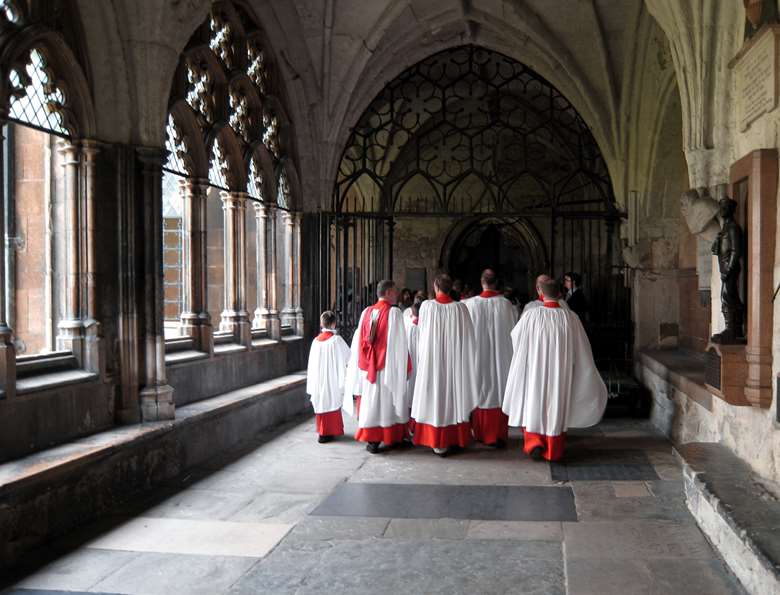In the long term, evolution will serve stifled talent better than revolution will
Andrew Mellor
Thursday, July 8, 2021
Andrew Mellor considers ways to address gender imbalances in classical music


Register now to continue reading
Don’t miss out on our dedicated coverage of the classical music world. Register today to enjoy the following benefits:
- Unlimited access to news pages
- Free weekly email newsletter
- Free access to two subscriber-only articles per month